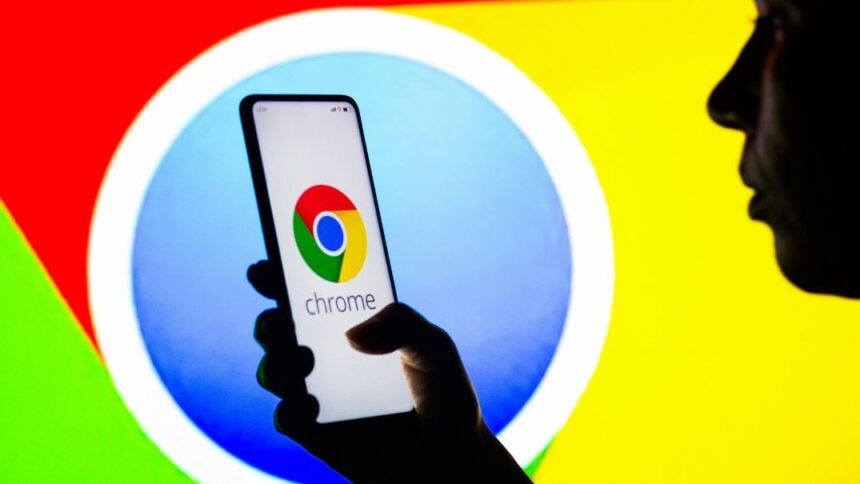In a surprising twist in the U.S. government’s antitrust trial against Google, an OpenAI executive revealed that the AI company would be interested in acquiring the Chrome browser if regulators force Google to divest it as part of competition remedies.
Nick Turley, head of product for ChatGPT, made the statement on Tuesday during his testimony at the high-profile trial in Washington. The U.S. Department of Justice (DOJ) is seeking sweeping reforms to counter what it claims is Google’s illegal monopoly in online search and search advertising.
While Google has not indicated any intention to sell Chrome, Turley’s comment offered a rare look into how tech rivals might capitalise on potential divestitures if the court rules against the Alphabet-owned company. Google, which is appealing the court’s prior finding that it holds a monopoly, faces mounting scrutiny over its intertwined dominance in search, advertising, and now artificial intelligence.
The trial is also shedding light on the intensifying race in generative AI. Prosecutors argue that Google’s existing market power in search gives it an unfair edge in the AI space, potentially reinforcing its dominance. Turley, testifying for the government, said, “Search is a critical part of ChatGPT to provide answers to user queries that are up to date and factual.”
OpenAI had previously approached Google in July 2023 to license its search technology, citing issues with its existing provider, widely believed to be Microsoft’s Bing, which currently powers ChatGPT’s browsing capability. “We believe having multiple partners, and in particular Google’s API, would enable us to provide a better product to users,” OpenAI wrote in a request shown during trial proceedings. Google rejected the proposal, citing concerns about competitive overlap.
Turley acknowledged in court, “We have no partnership with Google today,” adding that a DOJ remedy requiring Google to share search data with rivals would “accelerate efforts” to improve ChatGPT.
An internal OpenAI document shared by Google’s legal team during the trial revealed that the company did not initially view Google as its primary AI competitor. Turley clarified that the statement was intended to motivate employees rather than reflect strategic conclusions.
The DOJ has proposed remedies beyond simply loosening default agreements. It seeks to prohibit Google from making exclusive deals, such as those with Samsung, Motorola, AT&T, and Verizon, that previously ensured its apps like Chrome, Search, and Gemini AI were preinstalled on new devices. Judge Amit Mehta, who is overseeing the case, ruled last year that Google’s exclusivity contracts harmed competition.
While Google has relaxed some recent deals to allow rival apps, the DOJ argues it’s not enough and that deeper structural changes are required to level the playing field. The tech giant maintains that its revised agreements allow flexibility, with executive Peter Fitzgerald stating that Google recently sent letters to partners affirming their ability to preload competing AI products.








